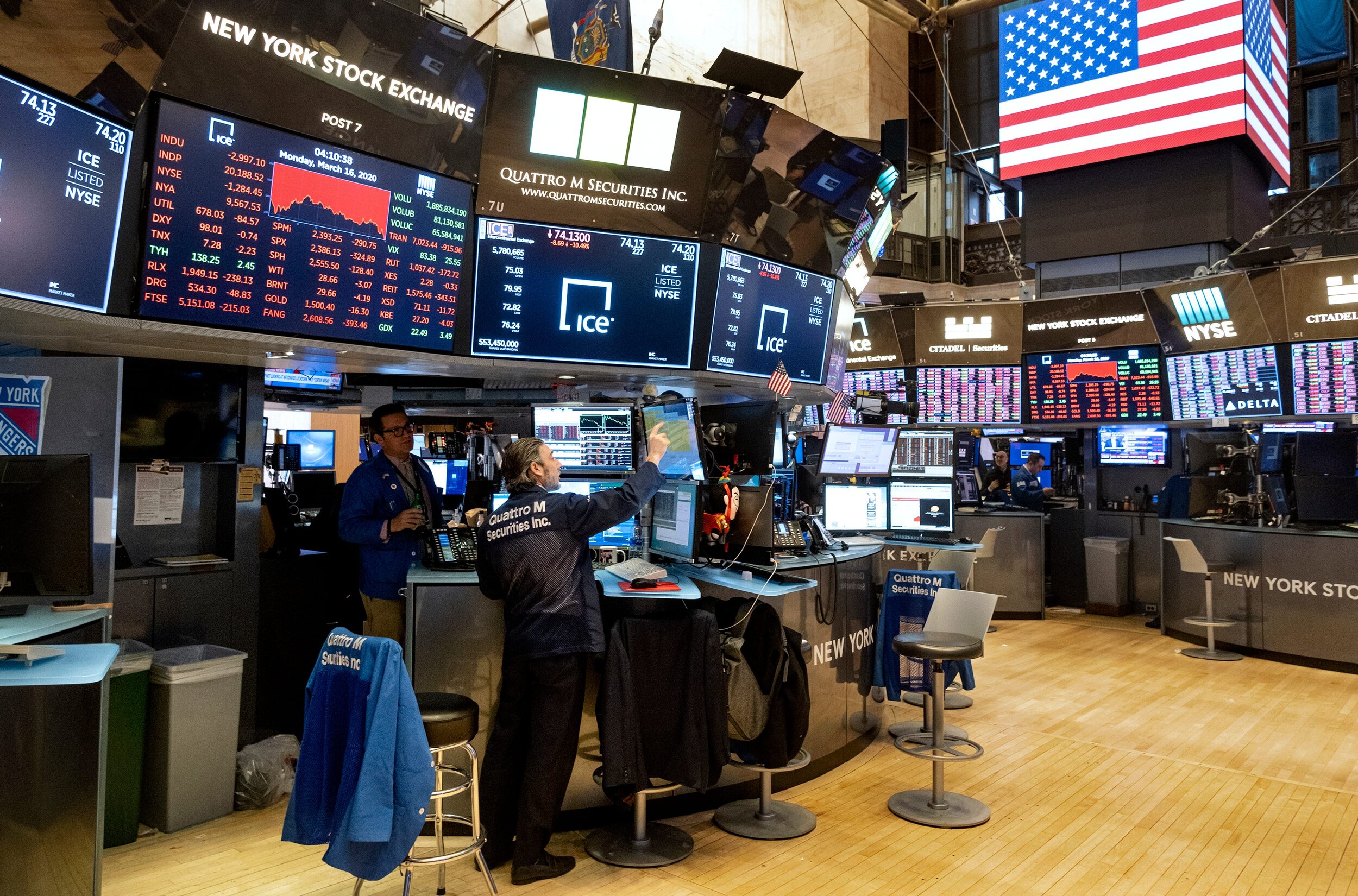How did technology change financial markets?
How does technology change markets?
Technology plays a very crucial role in the world today, as demonstrated by the recent COVID-19 outbreak. Another field in which technology is important is the financial market. As technology advances the financial market had to adapt and change, therefore it is important to know how it works.
Accessibility has increased tremendously through technology. In the past, people had to contact companies, read financial literature, and go to the libraries to seek information. It was time-consuming and had the potential for a lot of human errors. However, now you can get any information you want by just typing in an inquiry in the Google search. The internet provides unlimited information on whatever people want to know. For instance, you could search for company earnings reports, current stock prices, company history, etc. As a result investors, traders, and advisers are better informed. Moreover, with technology, it becomes easier to buy and sell stocks as they are displayed. This allows for investors and brokers to be aware of the share prices within seconds. With information being so easily obtainable and accessible, you can do thorough research before investing your money.
In 1986, the London Stock Exchange (LSE) switched its approach to trading by introducing computers. By doing so it brought great changes to the LSE. Using algorithms in the markets has transformed the stock market, as it has increased its efficiency and organization. Algorithm trading makes investing safer since the algorithm calculates chart patterns, therefore, advising on what you should invest in. Although there could be incidences of fraud manipulating the price of stocks, with electronic trading being used, the incidences of human errors occurring have dropped significantly. Thus, more people have become confident in trading, buying, and selling stocks within the same day. This trading style is called high-frequency trading.
There is no doubt that the stock exchange will keep on developing more modern methods of managing as technology keeps on progressing.
Technology And Perfect Information
One of the major assumptions made by Economists (especially for a perfectly competitive market) is that of perfect information. Perfect information means the consumers and producers have instantaneous and perfect knowledge of the prevailing prices, the utility they derive from their products, and how much money is required to produce a product. Obviously, this is a very unrealistic assumption. Think about it, when’s the last time you knew exactly how much a producer spent to make a product and the perfect selling price for that product?
However, there is some truth in this assumption. If people were to know more about the optimal price of a product, they wouldn’t buy it if it were priced higher than that price. Therefore producers would be forced to sell at the price of their competitors, reducing their power to influence the markets. So, we see that perfect information can lead to perfect competition and a fairer market.
Let's explore exactly what technology can do to a market with a case study.
Case Study: Fishing In The Villages Of Kerala
Kerala is a coastal state in India where fishing is a primary activity among its villages. The coastal waters are rich in various sorts of exotic fish which the fishermen catch and sell. But the question arises - where should they sell the fish? The coastline of Kerala is dotted with villages and, naturally, a fisherman would like to sell his fish in a village where the price is high.
But how will a fisherman out in the sea know where the price of the fish is the highest?
Before the 1990’s fishermen had no access to modern communication technology. Hence the market price for fish would be completely different from village to village. In some villages, fishermen would make huge losses because the price was low due to a high supply, and in other villages, fishermen would make insane profits because the price was too high. Their daily earnings were all dependent on a game of chance.
However, after the ‘90s mobile phones were introduced in Kerala. Using these phones, fishermen got to know the market price of fish in each village, hence they knew where to sell their catch to maximize profit. But a peculiar thing happened: the price fluctuations which used to occur before stopped. Each village had the same price for fish.
Here, the mobile phones took the fishermen closer to perfect information, from perfect information they went to perfect competition and hence the price of fish stabilized throughout the villages. This has led to fishermen no longer being dependent on their luck for getting the right price but on their skill.
